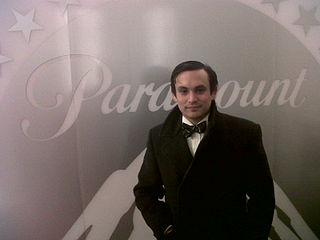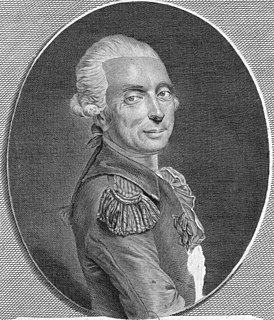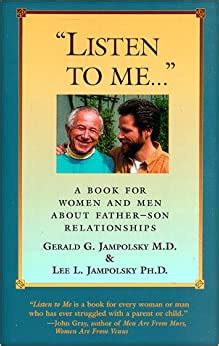A Quote by Thomas Wolfe
Perhaps this is our strange and haunting paradox here in America - that we are fixed and certain only when we are in movement.
Related Quotes
Perhaps this is our strange and haunting paradox here in America -- that we are fixed and certain only when we are in movement. At any rate, that is how it seemed to young George Webber, who was never so assured of his purpose as when he was going somewhere on a train. And he never had the sense of home so much as when he felt that he was going there. It was only when he got there that his homelessness began.
Poetry is perhaps this: an Atemwende, a turning of our breath. Who knows, perhaps poetry goes its way—the way of art—for the sake of just such a turn? And since the strange, the abyss and Medusa’s head, the abyss and the automaton, all seem to lie in the same direction—is it perhaps this turn, this Atemwende, which can sort out the strange from the strange? It is perhaps here, in this one brief moment, that Medusa’s head shrivels and the automaton runs down? Perhaps, along with the I, estranged and freed here, in this manner, some other thing is also set free?
In a world where there are no longer books we have almost all of us read, the movies we have almost all of us seen are perhaps the richest cultural bond we have. They go on haunting us for years the way our dreams go on haunting us. In a way they are our dreams. The best of them remind us of human truths that would not seem as true without them. They help to remind us that we are all of us humans together.
I was surprised at the silence and the absence of movement which our departure caused among the spectators, and believed them to be astonished and perhaps awed at the strange spectacle; they might well have reassured themselves. I was still gazing when M. Rozier cried to me - "You are doing nothing, and the balloon is scarcely rising a fathom."
In less than a century we experienced great movement. The youth movement! The labor movement! The civil rights movement! The peace movement! The solidarity movement! The women's movement! The disability movement! The disarmament movement! The gay rights movement! The environmental movement! Movement! Transformation! Is there any reason to believe we are done?
You will notice that what we are aiming at when we fall in love is a very strange paradox. The paradox consists of the fact that, when we fall in love, we are seeking to re-find all or some of the people to whom we were attached as children. On the other hand, we ask our beloved to correct all of the wrongs that these early parents or siblings inflicted upon us. So that love contains in it the contradiction: The attempt to return to the past and the attempt to undo the past.






































